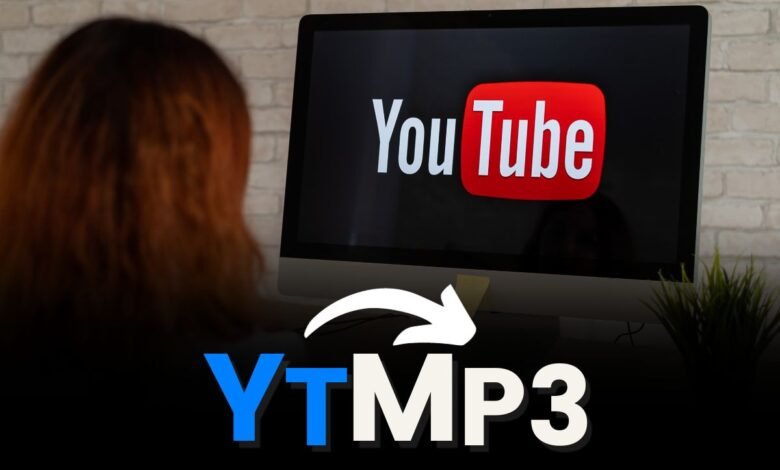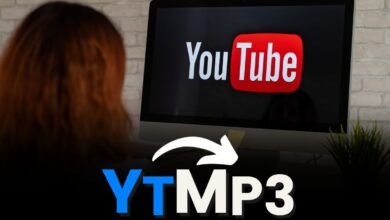Ultimate Guide to YouTube to MP3 Conversion: Legal Insights, Tools & Impact

In an era where digital content flows endlessly, YouTube stands as a colossal repository of videos, catering to every imaginable interest. Amidst this vast digital landscape, the desire to convert YouTube videos into MP3 files has surged, driven by users’ need for a convenient way to enjoy music, podcasts, and other audio content offline. This article delves into the nuances of converting YouTube to MP3, examining the tools available, the legal landscape, and the implications for content creators and consumers alike.
Understanding YouTube to MP3 Conversion
The Basics of Conversion
At its core, converting YouTube videos to MP3 involves extracting the audio track from a video and saving it as an MP3 file, a popular digital audio format. This process allows users to listen to their favorite songs, lectures, or podcasts without needing to be online or watch the accompanying video. Various online platforms, software, and apps offer this service, each with its own set of features, such as batch downloading, quality options, and speed of conversion.
Choosing the Right Tool
When selecting a YouTube to MP3 converter, users must navigate a landscape filled with numerous options, each promising ease of use and high-quality audio files. Key considerations include the tool’s reliability, the quality of the converted audio, and the speed of the conversion process. Furthermore, the safety and privacy policies of these platforms are crucial, as some sites may pose security risks or infringe on users’ privacy.
The Legal and Ethical Considerations
Navigating the Legal Landscape
The legality of converting YouTube videos to MP3 files is a complex issue that hinges on copyright laws, which vary significantly across jurisdictions. YouTube’s terms of service prohibit unauthorized downloading and conversion of its content, primarily to protect the rights of content creators. Users considering this conversion should be aware of the potential legal implications and respect the intellectual property rights of content creators.
Ethical Implications for Content Creators
Beyond legal considerations, the ethics of converting YouTube videos to MP3 should not be overlooked. Many content creators rely on YouTube for income, generated through views and advertisements. By converting videos to MP3, users bypass these monetization mechanisms, potentially depriving creators of revenue. It’s important for users to consider the impact of their actions on the creators whose content they enjoy and respect the effort that goes into producing that content.
The Impact on Content Consumption
Changing How We Access Media
The ability to convert YouTube videos to MP3 has transformed how people access and consume media. Users can now curate personalized playlists of audio content, accessible anytime, without the need for an internet connection. This convenience has made podcasts, lectures, and music more accessible, enabling users to engage with content in new and flexible ways.
Considerations for Quality and Experience
While converting YouTube to MP3 offers undeniable convenience, it also raises questions about audio quality and the listening experience. The quality of an MP3 file depends on the source video and the conversion process, which can sometimes result in lower-quality audio. Additionally, converting music videos to MP3 strips away the visual element, potentially diminishing the overall experience intended by the creators.
Looking Forward: The Future of Digital Content Consumption
As technology advances and digital content consumption evolves, the practice of converting YouTube videos to MP3 underscores the ongoing tension between accessibility and copyright. Innovations in how we access and enjoy media are likely to continue, challenging existing paradigms and prompting further discussions on copyright, ethics, and the future of digital content.
In conclusion, the journey from YouTube to MP3 encompasses a myriad of considerations, from the technicalities of conversion to the broader implications for copyright and content consumption. As users navigate this landscape, it’s crucial to weigh the convenience of access against the respect for copyright and the impact on content creators. In an ever-evolving digital world, finding a balance between these factors is key to responsibly enjoying the vast resources available online.
Read Also: Unleashing the Infinite Craft: Mastering Creativity in Every Endeavor




